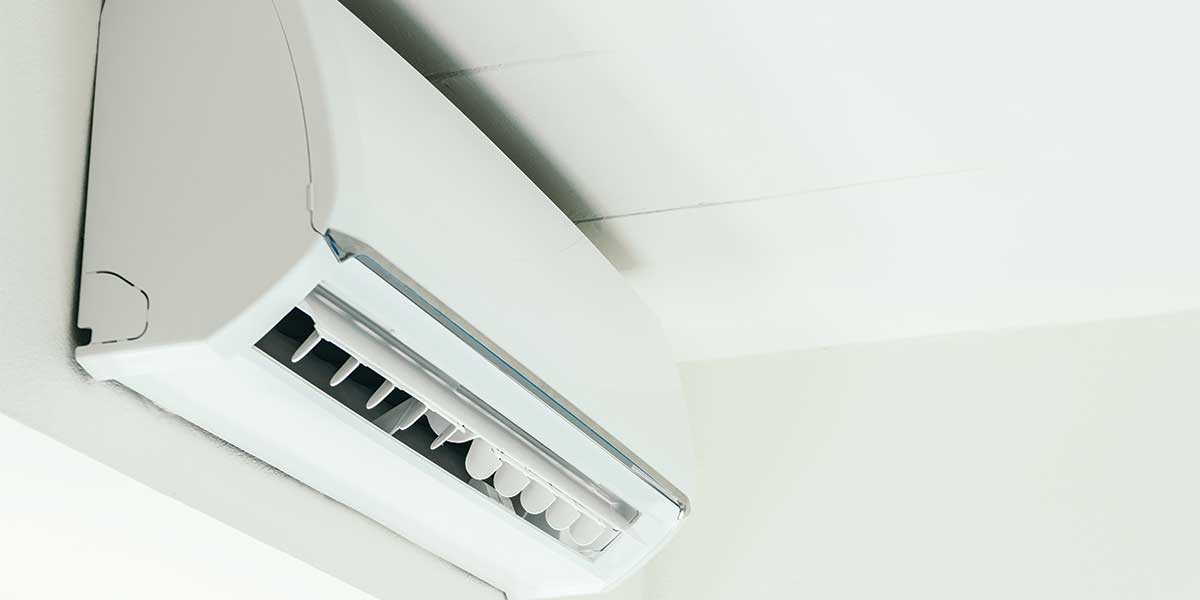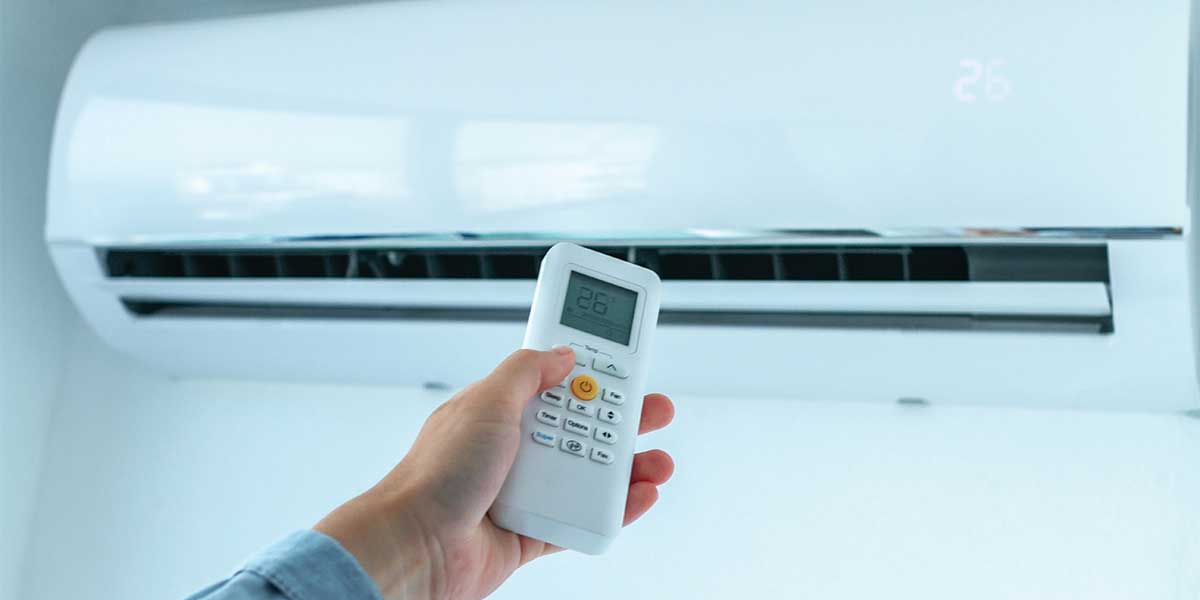Understanding the Power Needs of Your Air Conditioner
Air conditioners are not one-size-fits-all when it comes to power requirements. While compact, portable models can usually run on standard 120-volt outlets, larger systems—such as wall-mounted units and central air systems—demand significantly more energy.
So, do air conditioners need a dedicated circuit in these cases? In most situations, yes. These larger units often require a dedicated circuit for air conditioners to ensure uninterrupted performance and to protect your home’s electrical system. Without this safeguard, you could face frequent breaker trips, overheating wires, or even long-term damage to your AC unit.
When you work with a professional Electrician in BC from Expert Electric, you can be confident your installation meets electrical code requirements and is designed for both performance and safety.
What Does a Dedicated Circuit Mean for Air Conditioners?
A dedicated circuit is an electrical line used by one appliance only. It connects directly from your breaker panel to the outlet or hardwired connection point for the appliance—no other devices share it.
For air conditioner outlets, this means:
- The AC unit gets the full voltage and amperage it needs.
- Other devices aren’t competing for the same power.
- Reduced risk of overload and breaker trips.
In most homes, a dedicated circuit for a large air conditioner will be rated for 220 volts, especially for systems over 15,000 BTUs.
Why Do Air Conditioners Need a Dedicated Circuit?
The answer comes down to power demand and safety. Air conditioners require a significant amount of electricity to start and run. When they share a circuit with other appliances, the electrical load can exceed the breaker’s capacity.
This can result in:
- Breaker trips shut off power suddenly.
- Overheated wires can lead to electrical fires.
- Reduced efficiency: The AC struggles to cool your space.
- Premature failure components wear out faster.
By installing a dedicated circuit for air conditioners, you’re ensuring that your system runs smoothly and your home remains safe.
Signs Your Air Conditioner Needs Its Own Circuit
You may already be experiencing symptoms that your AC is sharing too much power:
- Breaker trips when the AC turns on.
- Lights dim or flicker when the AC starts.
- The outlet feels warm after running the AC.
- You have an oversized unit plugged into a standard 120-volt outlet.
If any of these sound familiar, it’s time to call an electrician for an inspection.
How to Check If Your AC Has a Dedicated Circuit
There are a few easy ways to determine whether your AC has its own line:
- Look at your breaker panel — a breaker labeled “Air Conditioner” or “AC” usually indicates a dedicated line.
- Check the plug — if it’s a non-standard 120V outlet or a 220V outlet, it may be dedicated.
- Consult a licensed electrician — they can test and confirm without guesswork.
Proper labeling also helps during power outages and routine maintenance. Expert Electric offers full circuit identification and labeling services to make your system safer and easier to manage.

When You Absolutely Need a Dedicated Circuit
Certain AC setups almost always require their own circuit:
- Central air conditioning systems.
- Large window or wall units over 15,000 BTUs.
- Ductless mini-split systems with high cooling capacity.
Even if your current setup “works” without a dedicated circuit, the long-term risks outweigh the short-term convenience.
The Role of Air Conditioner Outlets
Air conditioner outlets are specifically designed to handle higher voltage and amperage than a typical household outlet. Using the wrong type of outlet can be dangerous.
For example:
- A 220-volt AC outlet can handle larger units without overheating.
- Standard 120-volt outlets are safe only for small, portable AC units.
Your electrician can determine the correct outlet type during the installation process.
How Expert Electric Can Help
At Expert Electric, we specialize in creating safe, efficient electrical systems for homeowners across BC. Whether you’re installing a new AC or upgrading an old one, we can:
- Assess your home’s electrical capacity.
- Install a dedicated circuit for air conditioners.
- Upgrade outlets to match the unit’s requirements.
- Ensure compliance with Canadian Electrical Code.
FAQs
Do Air Conditioners Need a Dedicated Circuit for safety?
Yes. A dedicated circuit ensures the AC receives enough power without overloading your home’s wiring, reducing fire risks and preventing breaker trips.
Can I plug my air conditioner into a regular outlet?
Small portable units can use standard outlets, but large units over 15,000 BTUs typically need a 220V dedicated circuit.
How can I tell if my AC outlet is dedicated?
Check your breaker panel for a labeled AC breaker or consult a licensed electrician to verify.
Final Thought
Installing a dedicated circuit for air conditioners isn’t just a technical recommendation—it’s a critical step toward keeping your home safe and your cooling system reliable. The right electrical setup ensures that your AC performs at peak efficiency and that your family stays cool without electrical hazards.
Contact Expert Electric
If you’re unsure about your AC’s electrical setup, Expert Electric can help. Contact us today to schedule a professional inspection or installation service.
- Phone: 604-681-8338
- Email: info@expertelectric.ca


